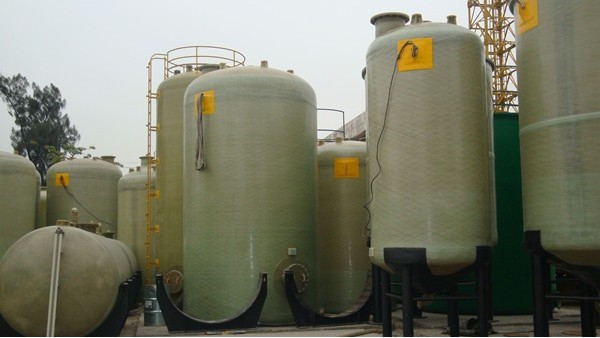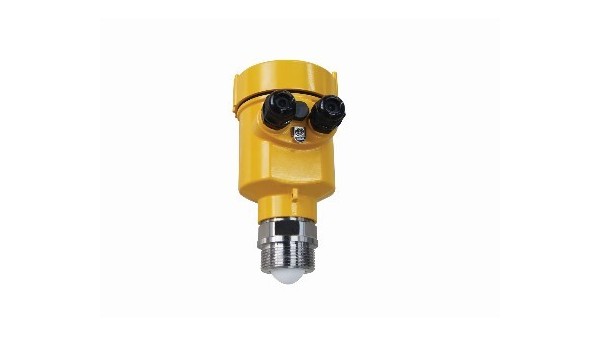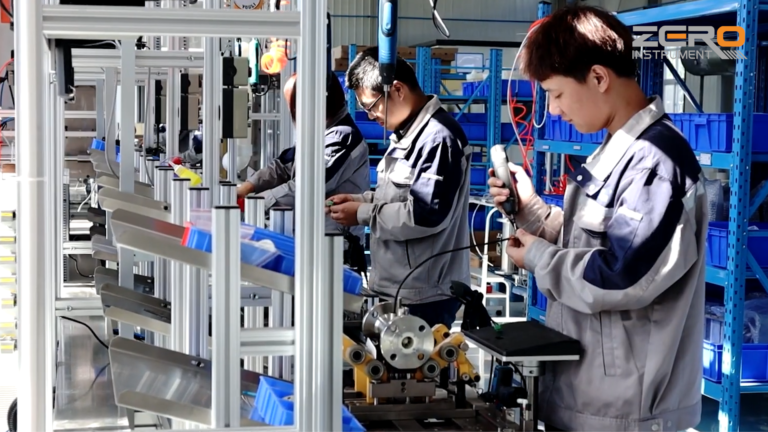In the cement industry, oil level monitoring of mobile diesel storage tanks plays an important role in ensuring continuous production. Radar level meters are widely used in such situations because of their advantages such as high precision and non-contact measurement.
So this article will analyze the characteristics of radar level meters in measuring the oil level of mobile diesel storage tanks in the cement industry, and analyze its application effects through cases.

It is crucial to understand the characteristics of mobile diesel storage tanks, which are commonly used to store and transport diesel to supply various machinery and equipment on cement production lines.
Due to the high demand for energy in the cement production process, the oil level of the storage tank needs to be monitored in real time to avoid shutdown due to lack of oil.
In addition, the oil level of the mobile storage tank will continue to change as the oil is consumed and replenished, which requires the level meter to have high sensitivity and fast response capabilities.
Radar level meters are ideal for meeting these needs. It uses microwave signals for measurement and is almost unaffected by medium changes, temperature fluctuations, steam or dust, ensuring measurement accuracy and stability.
In addition, the radar level meter is simple to install and maintain, has strong adaptability, and can easily cope with the harsh environment of the cement industry.

In an actual measurement case, a cement plant used an advanced radar level meter to monitor the oil level of its mobile diesel storage tank. The plant’s storage tank capacity is 50 cubic meters, and daily oil volume of at least 20 cubic meters needs to be ensured to meet production needs. When installing the radar level meter, technicians chose the top installation method to ensure the best transmission path for the measurement signal.
During operation, the radar level gauge calculates the oil level by emitting microwave signals and receiving the reflected signals. The data shows that even when the oil level fluctuates greatly or the oil quality changes, the error of the measurement results can be controlled within ±2 mm, which is much higher than the accuracy of traditional measurement methods.

In addition, the level meter also has a data remote transmission function, which can transmit real-time oil level data to the central control room to facilitate operator monitoring and management.
After a period of application, the cement plant found that the use of radar level meters not only improved the accuracy of oil level monitoring, but also reduced the risk of production interruptions caused by abnormal oil levels.
At the same time, due to the low maintenance cost of the radar level meter, the overall economic benefits have also been significantly improved.
The application of radar level meter in mobile diesel storage tank oil level measurement in the cement industry not only demonstrates its technical advantages of high precision and high reliability, but also brings obvious economic benefits to the cement plant.
